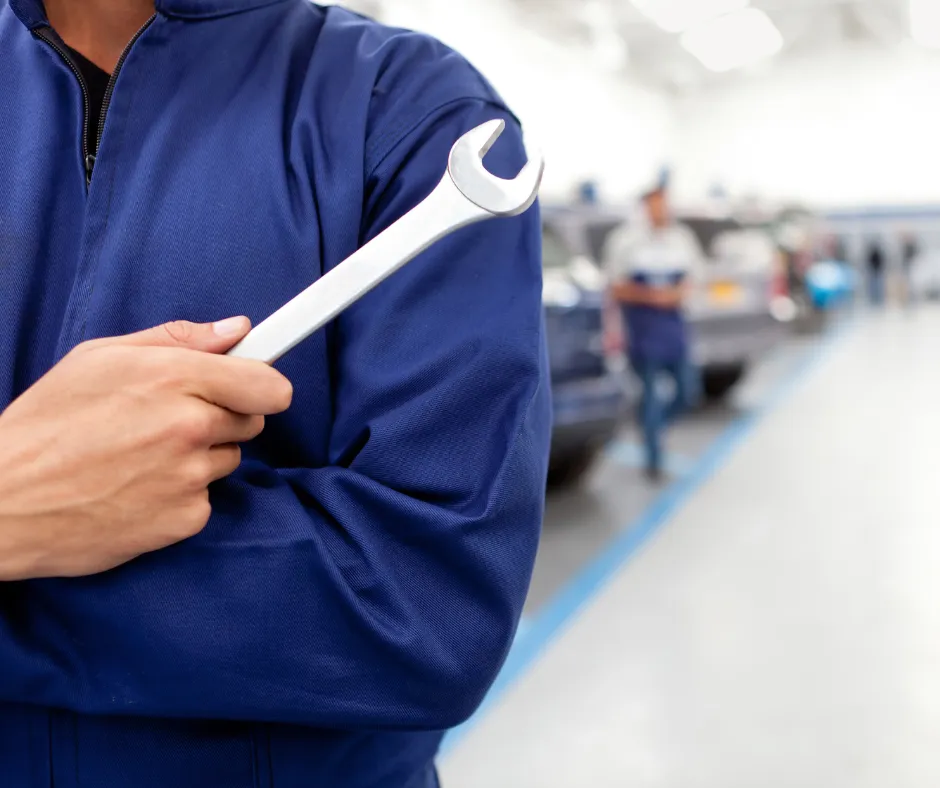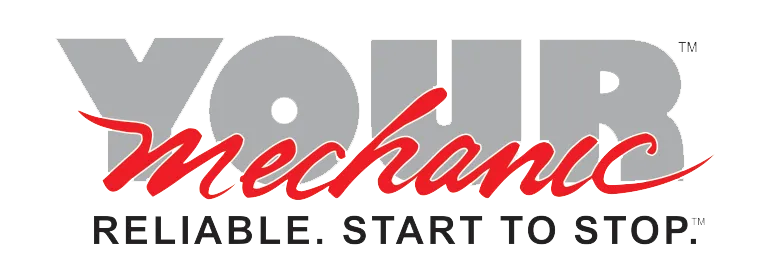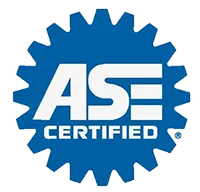Articles

Troubleshooting Common Car Issues: Your Mechanic's Guide
When your car starts acting up, it can be frustrating and stressful. However, understanding common car issues and knowing how to troubleshoot them can save you time and money in the long run. In this guide, we'll explore some of the most frequent car problems and provide tips for troubleshooting them effectively.
Engine Won't Start
One of the most common car issues is when the engine refuses to start. Start by checking the battery connections to ensure they're clean and tight. If the battery is old or drained, jump-starting the car may help. Additionally, inspect the fuel level and listen for any unusual sounds when turning the key, as this could indicate issues with the starter or ignition system.
Strange Noises
Unusual noises coming from your car can indicate a range of problems. Grinding noises when braking could signal worn brake pads, while squealing sounds might indicate a loose or worn-out belt. Rattling noises could be a sign of loose parts or exhaust issues. Listen carefully to identify the source of the noise and consult with a mechanic if needed.
Warning Lights
Modern cars are equipped with warning lights that illuminate when there's a problem. Common warning lights include the check engine light, which could indicate issues with the engine, emissions system, or fuel system. The ABS light indicates problems with the anti-lock braking system, while the battery light may signal charging system issues. If a warning light appears, it's essential to have your car diagnosed by a professional mechanic to determine the underlying cause.
Overheating
An overheating engine is a serious issue that requires immediate attention. If your car's temperature gauge indicates overheating, pull over to a safe location and turn off the engine. Check the coolant level and inspect the radiator and hoses for leaks or blockages. Additionally, ensure that the radiator fan is functioning correctly. If you're unable to resolve the issue, seek assistance from a mechanic as driving with an overheating engine can cause severe damage.
Poor Fuel Economy
If you notice a sudden decrease in fuel efficiency, several factors could be at play. Start by checking the tire pressure, as under inflated tires can increase fuel consumption. Dirty air filters, clogged fuel injectors, or a malfunctioning oxygen sensor can also affect fuel economy. Regular maintenance, such as oil changes and tune-ups, can help optimize fuel efficiency and identify potential issues early on.
While encountering car problems can be frustrating, knowing how to troubleshoot common issues can help you address them promptly and effectively. By following these troubleshooting tips and seeking assistance from a qualified mechanic when needed, you can keep your car running smoothly and avoid costly repairs down the road. Remember, regular maintenance and attentive driving are key to preventing car problems and ensuring your safety on the road.
Your Mechanic in Camarillo is a family-owned and operated business that has been serving the area for over 20 years. We pride ourselves on our honesty, integrity, and fair prices. All of our mechanics are ASE certified and our shop is fully equipped with the latest tools and technology.
We offer a wide range of services, from simple oil changes to complex engine repairs. We also offer a 100% satisfaction guarantee on all of our work. So if you're not happy with our work, we'll make it right - guaranteed! Located off the highway 101 by the Camarillo Airport. Call us today or come by our shop to see why we're the best mechanic in town!
Your Mechanic
270 N Aviador St #L
Camarillo, CA 93010
(805) 388-4933
www.YourMechanicCamarillo.com


